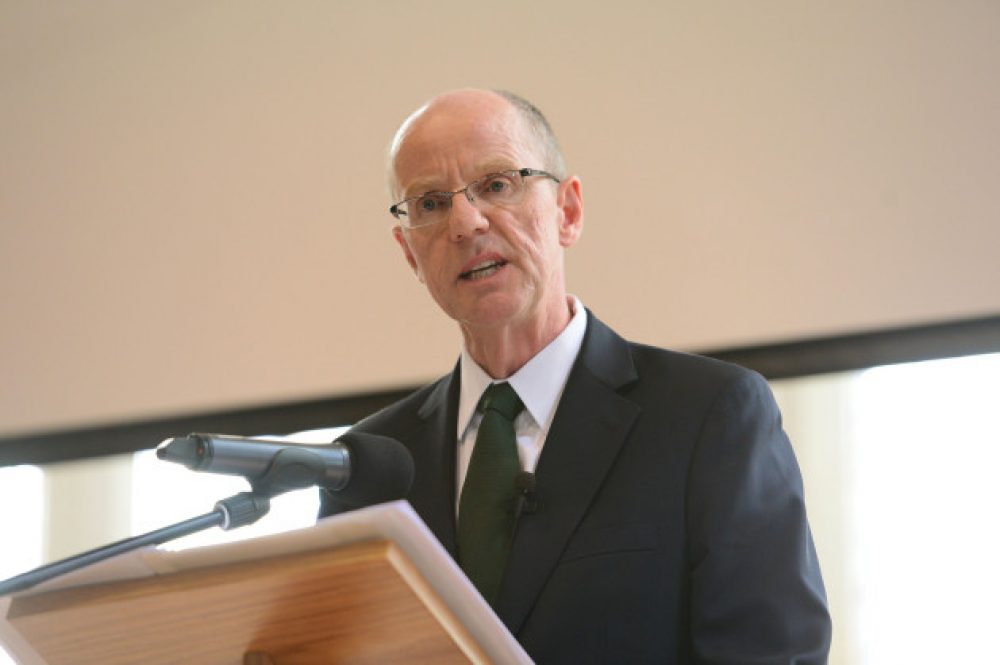Concerns over new detailed performance descriptors have led the Government to set up a new commission to review how schools assess pupils’ progress.
Responses to a consultation, published today, reveal how teachers found the Government’s draft plans to replace the previous ‘levels’ systems with descriptors lacked “clarity, consistency and need greater simplicity”.
Most respondents said a framework was still needed for statutory assessment at the end of key stage 1 and key stage 2. A total of 74 per cent respondents said the names of the draft performance descriptors would be confusing for teachers and parents; 69 per cent felt descriptors were not clear and easy to understand.
In response to the consultation, school reform minister Nick Gibb announced yesterday the Assessment Without Levels Commission. He said the teacher-led commission will highlight best practice models to help schools develop their own assessment systems.
The consultation report read: “Many of the issues raised by respondents regarding the names, structure and content of performance descriptors amount to a request for greater simplicity, clarity and consistency to support teachers in applying performance descriptors and to help parents understand their meaning.”
It said some concerns were raised by stakeholders who valued the levels system and wanted performance descriptors to replace them.
But, speaking yesterday, Mr Gibb said: “Crucially, [national levels] failed to give parents clarity over how their children were performing and also resulted in a lack of trust between primary and secondary schools – clogging up the education system with undependable data on pupil attainment.”
The eight week online public consultation ran from October 23 to December 18, last year. It had 880 responses, 69 per cent of which were teachers.
The Government scrapped the national levels system in September last year, saying level assessments were “distracting” and had become an “over-generalised label”.
The report continued: “As a result of some of the conflicting responses to the consultation, we will work with relevant experts to determine the most appropriate course of action to address the concerns raised and will inform schools of the agreed approach according to the timetable set out in the consultation document – i.e. by September 2015.”
Mr Gibb added: “This commission will continue the evidence-based approach to assessment which we have put in place, and will support primary and secondary schools with the transition to assessment without levels, identifying and sharing good practice in assessment.”
The commission will be led by John McIntosh, former headmaster of the London Oratory School.


Levels are not dependable and misleading, said Gibb. Why, then, are primary schools forced to become academies and head lose their jobs if schools don’t measure up to a target based on, er, levels?
What does Level 3 actually show? asked Gibb. Perhaps he should ask Sir Andrew Dilnot, the UK Statistics Authority. Sir Andrew had no difficulty finding the information in the DfE’s published level descriptors. That was when Sir Andrew criticised Nicky Morgan (twice) about claiming children with a Level 3 were illiterate and innumerate.
Can someone tell me how League Tables are supposed to work at primary level in future given that one of the key measures (% making expected progress) is based on +2 levels between KS1 and KS2?
Also, if schools are developing their own assessment system how will it be possible to make inter-school comparisons as shown in the very same League Tables?
Certainly in KS3 we are showing with the Computing baseline test taken by 60,000 pupils so far, that it is perfectly possible to judge progress without levels and with a lot less hassle to teachers because the analysis is all done automatically and fed back to them. KS1 is probably more difficult because of the need to be able to take an on-line test but not impossible with relatively modest investment in the tests. We are planning a KS2 provision – it’s all free provided by NAACE/TLM/CAS/Mirandanet as a community service. This shows that national support for these things is more about knowing how to do it than throwing a lot of money and bureaucracy at it.
One reason why it works is that school’s data is for them to use, there is then no incentive to game the system so perhaps its better to keep it separate from league tables.